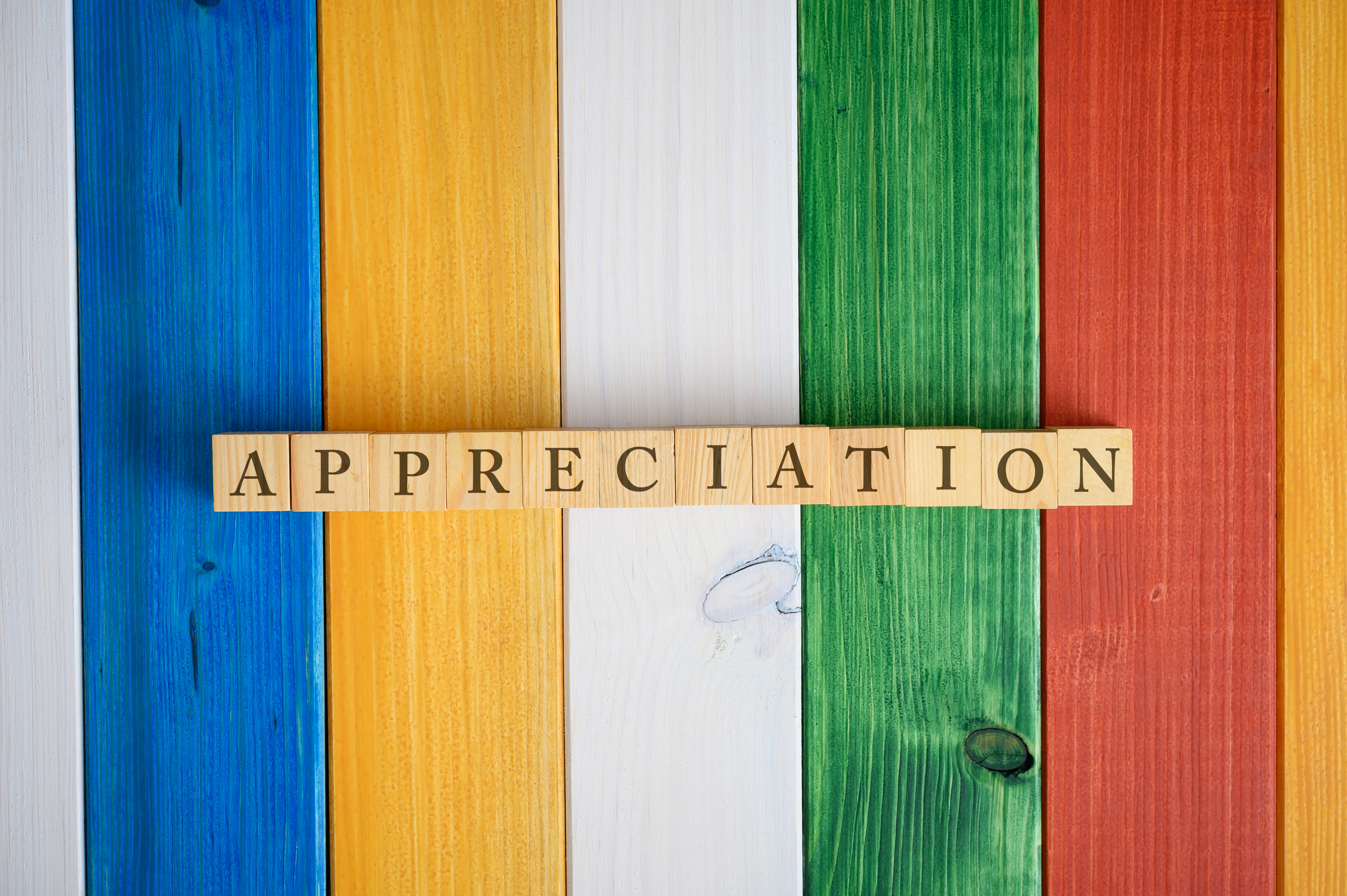Nonprofit Fundraising Winter is Coming... It's Time to Start Preparing
Development professionals, nonprofit leaders, volunteers and board members, winter is coming….For...
Scroll Down

Have you ever sent a card or a gift and then waited patiently for the receiver of that card or gift to respond to you…maybe even thank you? You wait patiently, thinking surely that person will know that because you made the effort to be so thoughtful that you would want a reaction or response to your kind gesture? We are often told to not have expectations of people because often, people will not meet those expectations and then we are left feeling disappointed. Suddenly, our feel-good, thoughtful task is making us feel crummy.
When we are in the business of philanthropy, we have no excuse not to thank our donors quickly and thoughtfully. We never want our donors to feel disappointed by the experience of giving to our institution. We need to join our donors on their “kindness high” and do our best to keep them there!
I think we can all agree that responsive acknowledgments are a must, but what is thoughtful stewardship? If we think about our own experiences when we felt good or celebrated it was often connected to appropriate recognition. I say "appropriate" because we know that some donors honestly do not want to be recognized. We must deduce which donors seriously don’t want recognition from those who say they do not want it but really do. If you can suggest numerous ways to recognize a donor for their giving with specific examples, often a donor will share with you what is acceptable to them or they might appreciate. Donors can be modest, so sometimes you have to ask several times and in different ways.
Again, some will adamantly tell you that they want no public recognition. Explore if there are some personal or private ways that you can offer recognition that could be just as meaningful.
Stewardship is so important because it reminds the donor how important they are to your organization, especially when you are not asking them for anything. Stewardship shows a true relationship rather than a transactional relationship of cultivation and making an ask. (Signs and solutions to this? See: Your Donors Feel'n Like Transactions? 8 Signs and Solutions). If we remember the cycle of philanthropy, stewardship is just as important in the cycle as any of the other parts. I am sure you have heard it a thousand times, but it is easier to retain a donor than to find new ones -- so why wouldn’t we take the time to make past donors feel like they are always front-of-mind?
How do I Steward Donors?
First, avoid cookie-cutter stewardship with major donors, or out-of-date practices (What is current? See Five Major Shifts in Fundraising). Although it is helpful to streamline the stewardship process across all donors, it is even more important to pluck donors from the streamlined process and give them personalized recognition and attention. Listen for clues as to what is important to your donor. Try to remember details that show that you care about them as a person and not just the gifts they give your organization. Details like…
Now wouldn’t it be memorable if you included that favorite candy with your next acknowledgment letter? Suddenly, your $2 chocolate bar makes your donor feel connected to you above and beyond other philanthropic relationships. Obviously, you cannot do this every time or for every donor, but what if you could do something unique and different for every major donor in your portfolio? You must listen…and listen some more.
In the Power of Moments by Chip and Dan Heath, they describe how powerful recognition can be in creating memorable moments for people. They also explain that moments of pride feel better when they are noticed by others. “While recognition is a universal expectation, it’s not a universal practice.” Ding, ding! My sentiments exactly.
Donors may not remember what you did but they will remember how you made them feel. We want our donors to associate those positive memorable, transformational moments with our institution. We can create these meaningful experiences for our donors, they do not have to just happen by chance (Want to build a culture to support donors? See: Building a Culture of Philanthropy).
These small-but-thoughtful gestures will lead to future giving. I know we are busy but think about the message we are sending our most valuable donors when we send a standard tax receipt as an acknowledgment of their gift or the message we are sending when we only connect with our donors when it is time to ask for a gift. Get someone on your team that can think strategically about how proper stewardship will not only keep your donors in the cycle but will elevate their support to a higher level. This will happen with thoughtful stewardship.
Development professionals, nonprofit leaders, volunteers and board members, winter is coming….For...
John talks about two important lessons he learned in times of crisis and gives a bit of inspiration...
Why do most nonprofits raise fewer major gifts (relative to size, mission, etc.) than hospitals and...